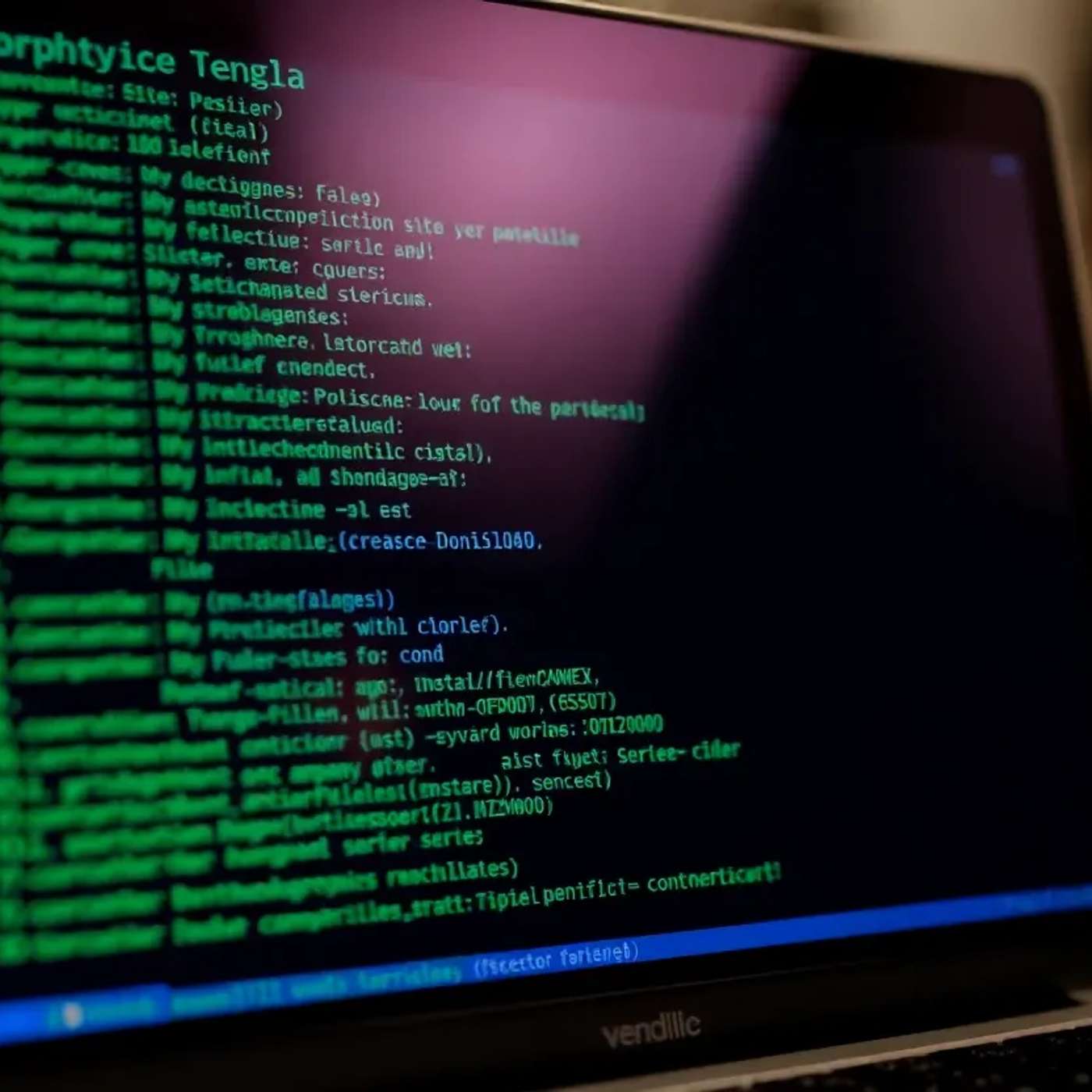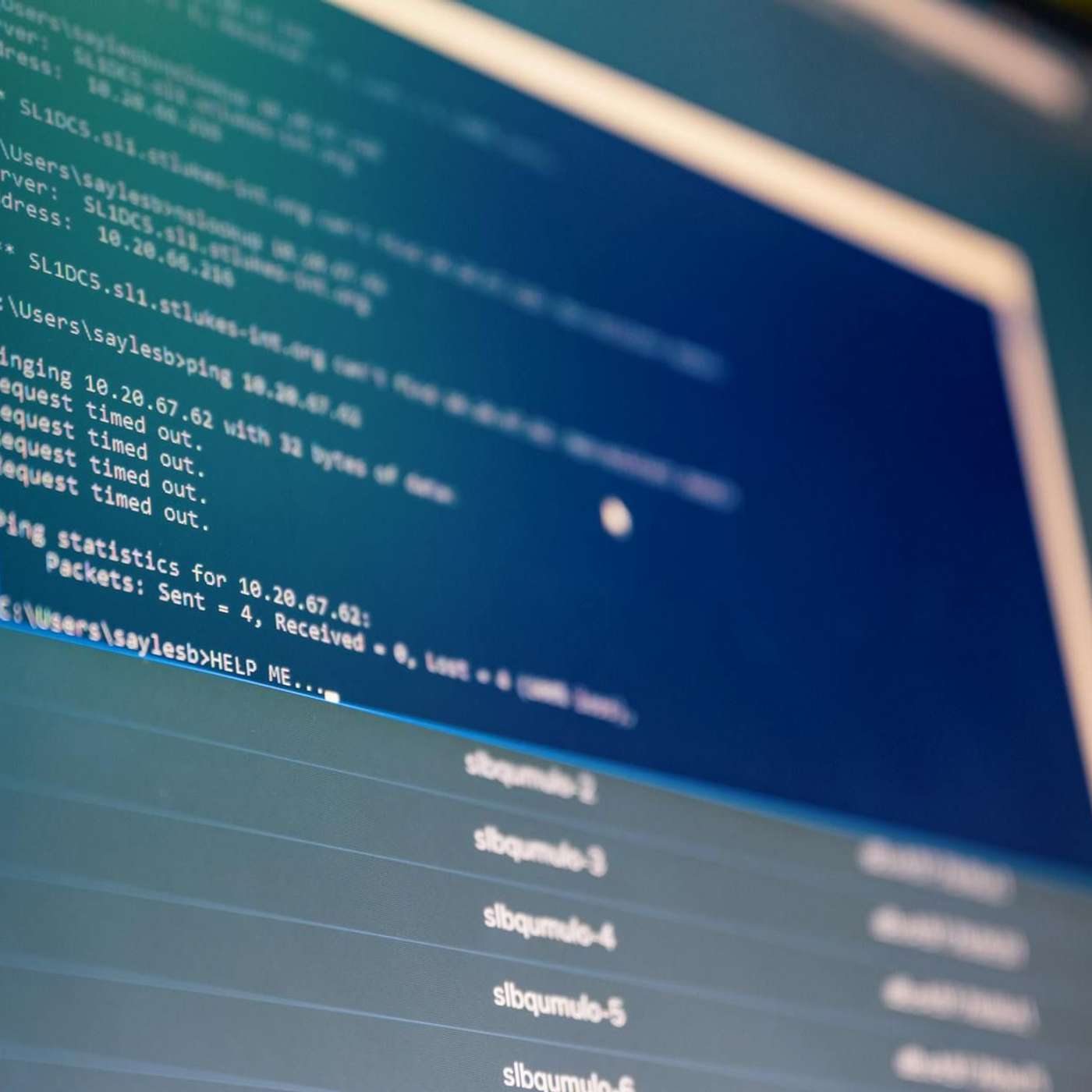Fixing “Login Failed” Errors When Dockerizing Your .NET App
Description
This story was originally published on HackerNoon at: https://hackernoon.com/fixing-login-failed-errors-when-dockerizing-your-net-app.
Fix “Login failed” errors in Dockerized .NET apps by escaping special characters like $ in .env files. Learn the root cause and the right fix.
Check more stories related to programming at: https://hackernoon.com/c/programming.
You can also check exclusive content about #dotnet, #docker-dotnet-auth, #docker-environment-variables, #linux-docker-password-issue, #dotnet-connection-string, #docker-login-failed-error, #escape-dollar-sign-docker, #docker-secrets-best-practices, and more.
This story was written by: @hack0r66d473bbae74b08c79eb8efe. Learn more about this writer by checking @hack0r66d473bbae74b08c79eb8efe's about page,
and for more stories, please visit hackernoon.com.
When you Dockerize a .NET app, special characters in passwords — especially the dollar sign ($) — can cause authentication to fail due to Linux-style variable substitution in .env files. This article walks through the root cause, explains how Docker and PowerShell handle escaping differently, and shares best practices for managing credentials safely across platforms. The fix? Escape $ as $$, validate before deployment, and use Docker Secrets in production. A small syntax tweak can save you hours of debugging.
























